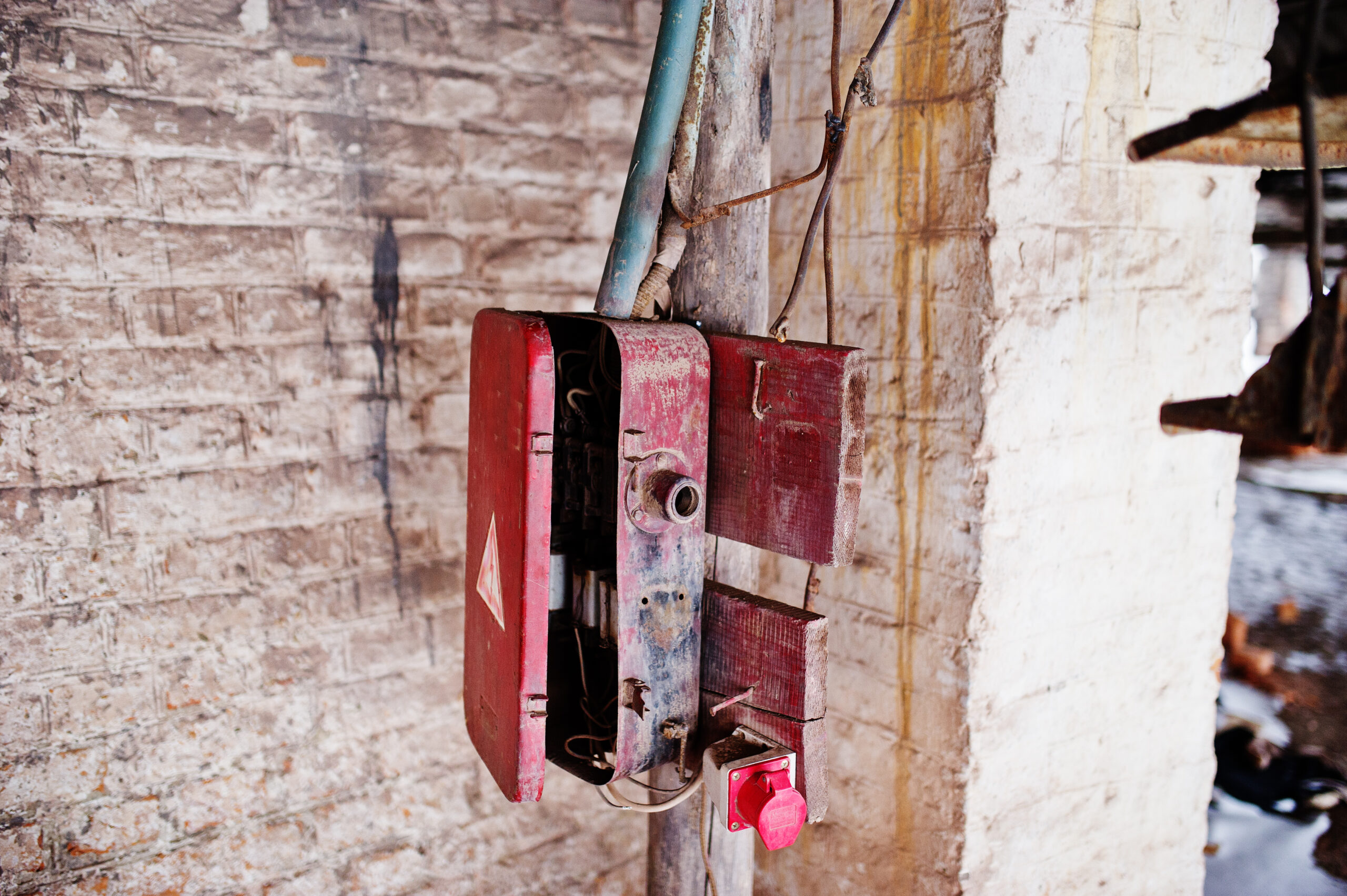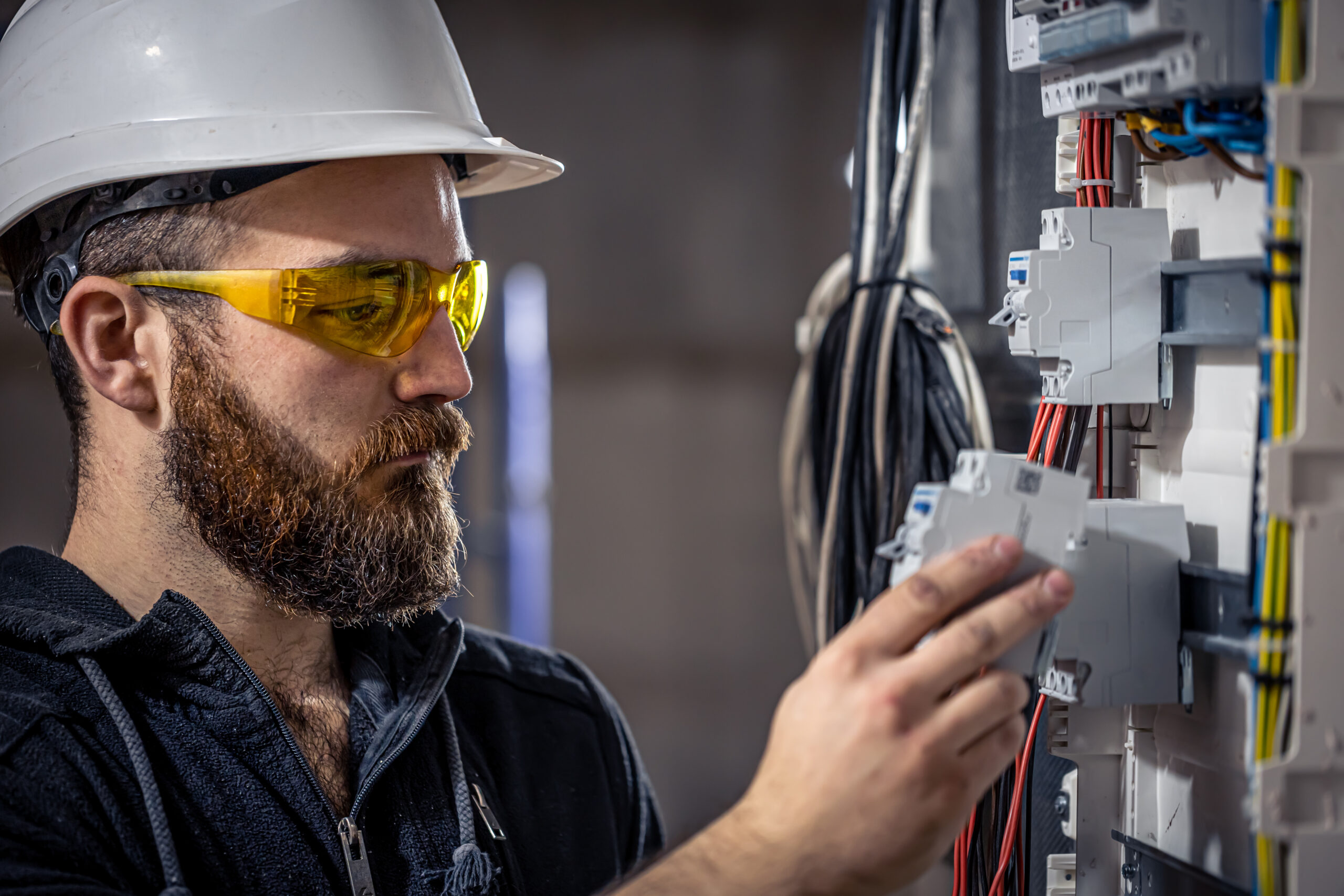Have you ever wondered what causes main circuit breaker to tripjust when you need power the most? Whether it’s during a family dinner or while using essential appliances, a tripped breaker can be a frustrating and confusing issue. The main circuit breaker plays a crucial role in your home’s electrical system, acting as a safety mechanism to prevent overloads, short circuits, and other electrical hazards.
In this guide, we’ll explore the common reasons why your main breaker might trip, how to troubleshoot the problem, and the steps you can take to prevent future outages. By the end, you’ll have a clear understanding of how to keep your electrical system running safely and efficiently. Ready to stop those unexpected outages? Let’s dive in!
What Is a Main Circuit Breaker and Why Does It Trip?
The main circuit breaker is the central component of your home’s electrical panel, regulating electricity flow throughout your house. Its primary role is to protect your electrical system from dangerous conditions, such as circuit overloads, short circuits, and ground faults.
How the Main Circuit Breaker Works:
- Monitors electrical load: Ensures that the amount of current flowing through the system doesn’t exceed safe levels.
- Prevents overheating: Trips automatically to cut power if it detects excessive current or wiring issues.
- Protects appliances and wiring: Reduces the risk of damage from electrical surges or faults.
Why it trips: When the breaker detects a dangerous condition, such as a sudden power surge or a fault in the wiring, it shuts off electricity to prevent further damage.
The Most Common Causes of a Tripped Main Circuit Breaker
Several factors can cause your main circuit breaker to trip, ranging from overloaded circuits to aging electrical components. Identifying the root cause is essential for resolving the issue effectively.
Overloaded Circuits and Appliances
Overloading occurs when too many devices are drawing power simultaneously, exceeding the circuit’s capacity. This is especially common during peak usage times, like summer or winter, when air conditioners and heaters are in constant operation.
Signs of an Overload:
- Flickering lights.
- Frequent tripping of the same circuit.
- Appliances shutting off unexpectedly.
Tip: Distribute power usage across multiple circuits and avoid running high-power appliances at the same time.
Aging or Faulty Electrical Components

Older homes with outdated wiring or electrical panels are more prone to frequent breaker trips. Worn-out breakers, loose connections, and corroded wires can also contribute to the problem.
Signs of Aging Components:
- Frequent breaker trips despite low power usage.
- Discolored or warm electrical panels.
- Noisy breakers (buzzing or humming sounds).
Solution: Schedule regular inspections to ensure your electrical system meets modern safety standards.
Short Circuits
A short circuit happens when a live wire touches a neutral wire, creating a direct path for electricity and producing excess current. This can occur due to damaged wiring, faulty appliances, or loose connections.
Indicators of a Short Circuit:
- Burn marks or melted insulation around wiring.
- A distinct burning smell near the outlet or breaker panel.
- Smoke or sparks during operation.
Safety Note: Always disconnect power and consult an electrician if you suspect a short circuit.
Ground Faults
Ground faults occur when electricity escapes its intended path and flows to a grounded surface, such as metal or the earth. This is particularly dangerous in wet areas like bathrooms and kitchens.
How to Spot a Ground Fault:
- Electrical shocks when touching appliances or outlets.
- Tripping of Ground Fault Circuit Interrupters (GFCIs).
- Discolored or damaged outlets near water sources.
Preventive Measure: Install GFCIs in areas prone to moisture to detect and stop ground faults quickly.
How to Troubleshoot a Tripped Main Circuit Breaker
If your main circuit breaker trips, you can take a few simple steps to identify and resolve the issue. However, safety should always come first.
Step-by-Step Troubleshooting Guide:
- Turn off appliances and devices: Disconnect all electronics connected to the affected circuit to reduce the load.
- Reset the breaker: Switch the breaker to the “off” position, then back to “on.”
- Reconnect devices one at a time: Plug in appliances gradually to identify the one causing the problem.
- Inspect for visible damage: Check outlets, cords, and the breaker panel for signs of wear, overheating, or damage.
Pro Tip: Use a voltage tester to ensure there’s no power flow before inspecting electrical components.
Tips to Prevent Your Main Circuit Breaker from Tripping

Prevention is the key to minimizing power disruptions and maintaining electrical safety in your home.
Effective Preventive Measures:
- Balance power usage: Avoid overloading circuits by spreading appliance use across multiple breakers.
- Upgrade your panel: Consider installing a modern electrical panel with higher capacity to handle increased energy demands.
- Schedule regular maintenance: Hire a licensed electrician to inspect your wiring and electrical panel annually.
- Install surge protectors: Protect your system from power surges caused by storms or sudden spikes in electricity.
Remember: Preventive steps not only reduce the risk of outages but also extend the lifespan of your electrical system.
When to Call a Professional Electrician
While minor issues can be resolved with basic troubleshooting, certain situations require expert assistance to ensure safety and compliance.
Scenarios to Seek Help:
- The breaker won’t reset or trips repeatedly after troubleshooting.
- You notice visible damage, such as burn marks or melted wires.
- Your home has an outdated electrical panel that needs upgrading.
Why hire a pro: Electricians have the tools and expertise to diagnose complex issues and ensure your system meets local electrical codes.
Key Takeaway
Understanding what causes main circuit breaker to tripis essential for maintaining a safe and reliable electrical system in your home. Common causes, such as circuit overloads, short circuits, ground faults, or aging components, can often be addressed with proper troubleshooting and preventive measures. By taking proactive steps—like balancing power usage, upgrading outdated wiring, and scheduling regular inspections—you can reduce the risk of unexpected outages. For more complex or recurring issues, consulting a licensed electrician ensures long-term safety and compliance with modern electrical standards.
Looking ahead, advancements in electrical technology, such as smart breakers and improved safety systems, offer new ways to monitor and protect your home’s power system. Staying informed about these innovations and conducting routine maintenance will help you keep your electrical setup future-ready. Have insights or questions about your own experiences with tripped breakers? Share your thoughts in the comments below or reach out to a trusted professional for personalized advice.
People Also Ask
How do I know if my main circuit breaker is bad?
Frequent trips, inability to reset, or buzzing noises from the breaker panel are common signs of a faulty breaker. Consult an electrician to assess the issue and replace the breaker if needed.
Can weather conditions cause my main circuit breaker to trip?
Yes, extreme weather like lightning storms or heavy rain can cause power surges or moisture-related ground faults, leading to breaker trips. Installing surge protectors and weatherproofing outlets can help.
What’s the difference between a main breaker trip and a regular circuit breaker trip?
A main breaker trip shuts off power to the entire house, while a regular breaker trip only affects individual circuits. Main breaker trips usually indicate a system-wide issue.
How much does it cost to upgrade an electrical panel?
The cost varies based on the size of the panel and the complexity of the job, typically ranging from $1,500 to $3,000. Upgrading is an investment in safety and capacity.
Are smart breakers available to monitor electrical issues in real time?
Yes, smart circuit breakers can alert you to electrical problems via mobile apps, providing real-time data on power usage and potential faults.
Power Up Your Home Safely – Contact Boca Electrical Services Now!
Don’t Let Tripped Breakers Disrupt Your Life – Contact Boca Electrical Services, Inc. Today!
Understanding what causes main circuit breaker to tripis the first step toward maintaining a safe and reliable home electrical system. At Boca Electrical Services, Inc., our expert electricians are here to help with everything from diagnosing recurring breaker trips to upgrading your electrical panel for modern energy demands. With over 38 years of experience, we’re proud to offer fast, reliable service to homes and businesses across Boca Raton, Delray Beach, and the South Florida area.
Visit us at 158 NW 16th St #2, Boca Raton, FL 33432, or call +1 561-235-2513to schedule a free consultation or home safety inspection. Explore our website for more insights and tools to improve your home’s electrical safety, and let our team provide the personalized solutions you need. Together, we’ll keep your power running smoothly and safely!